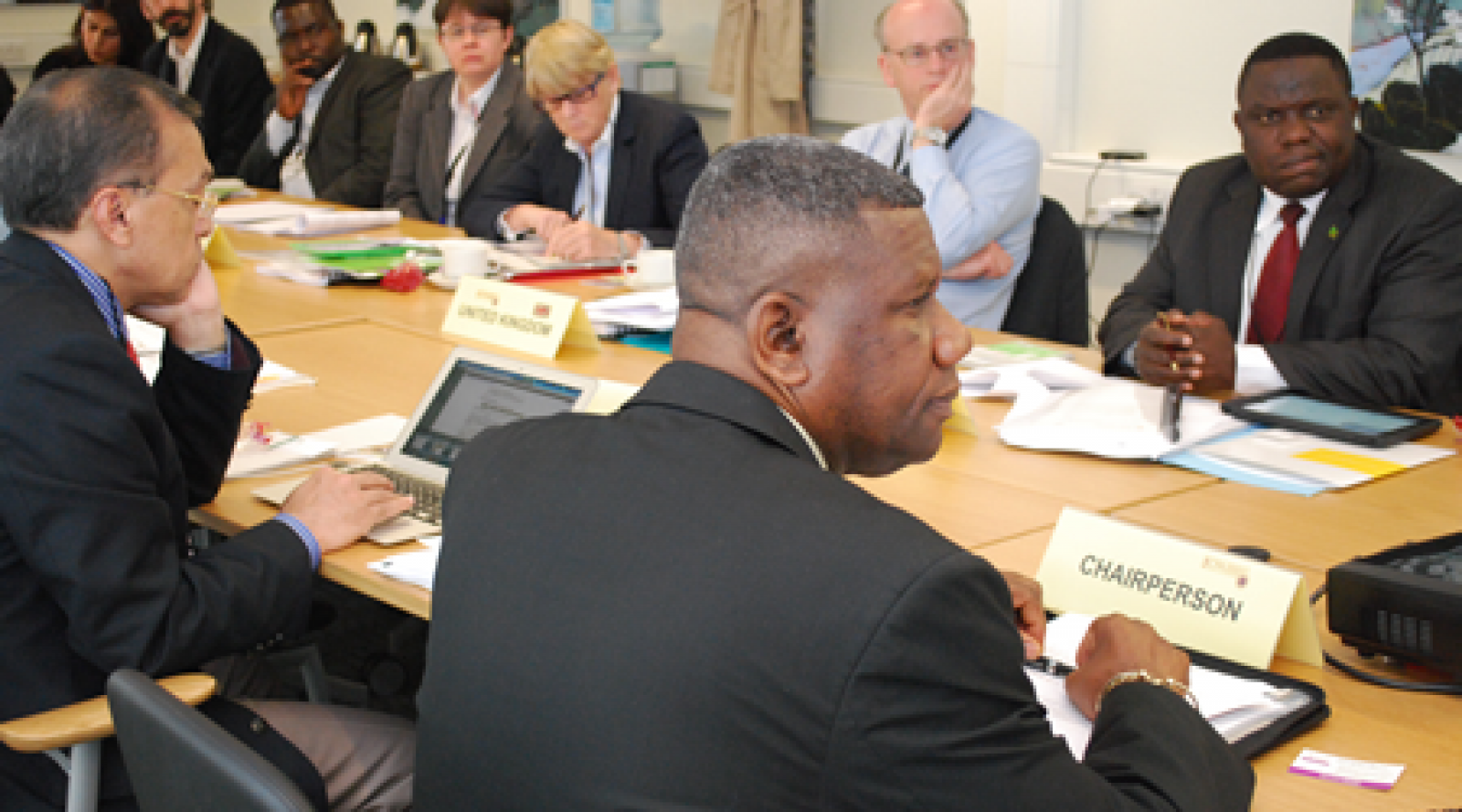
SHARE
Citizens’ increasing use of technology and social media presents both opportunities and challenges for the world’s parliaments.
Many parliaments, like the Brazilian Congress, are seeking to use technology to engage citizens in the legislative process in new ways. Its e-democracia website allows citizens to comment on legislation anywhere there is Internet access.
Social media and other tools are also helping parliaments listen to and respond to citizens’ ideas. But while new technologies can enhance the way parliaments engage with citizens, they can also shine a light on wrongdoing by individual MPs. In some instances, this could weaken public support for parliaments generally.
The digital age has underscored the need for parliaments to work harder to strengthen public confidence in their ability to represent citizens’ interests, and it has provided tools and opportunities for doing so.
To help navigate the challenges presented in a more tech-empowered world, the Commonwealth Parliamentary Association (CPA) and NDI brought together parliamentarians and civil society parliamentary monitoring organizations (PMOs) in London May 7-9. These PMOs are part of a larger OpeningParliament.org community comprised of civil society organizations that are working with parliaments to improve parliamentary openness and transparency. Many of these PMOs are developing innovative online and offline approaches to analyzing legislative information and connecting citizens to their representatives and the lawmaking process.
The London Study Group was convened to review the CPA’s 2006 Recommended Benchmarks for Democratic Parliaments, which outlines the characteristics of a democratic parliament. "This Study Group is designed to build upon the work already conducted and to seek ways in which parliamentary openness can be increased, and also develop strong benchmarks for individual parliamentary conduct, ethics and behavior in a world where information communications technology has revolutionised the world we live in and in which democracy is practised," CPA Secretary General William F. Shija said in his opening remarks.
The Study Group commended the PMO community’s collaborative development and launch of the Declaration on Parliamentary Openness, which outlines measures that parliaments can take to enhance citizens’ ability to influence parliamentary work, both online and offline. The declaration has 125 PMO supporters in more than 74 countries, along with an increasing number of parliamentary institutions and associations. The Study Group recommended that the declaration be considered for endorsement by participants at the CPA’s annual conference, which will take place in Johannesburg, South Africa, in September.
In its outcome document, the Study Group acknowledged the challenges faced by PMOs in accessing parliamentary information in electronic formats that allow citizens to reuse the data on their own terms. It called on parliaments to “review the ‘open data’ principles contained in the Declaration on Parliamentary Openness” to reduce those barriers. Having information in open formats allows for the creation of websites like TheyWorkForYou.com in the UK and Odekro.org in Ghana that help citizens learn about the work of their representatives.
The Study Group also focused on the need for parliaments to revive public trust in representative institutions, recognizing that social media often amplifies misconduct on the part of individual MPs and can reflect negatively on the institution as a whole. In building upon the CPA Benchmarks, the Study Group recommended revisiting existing CPA recommendations on individual parliamentary conduct, possibly expanding these recommendations into a set of “Benchmarks for Democratic Parliamentary Behaviour,” which could focus on professional and ethical behaviour of individual parliamentarians and complement existing CPA Benchmarks for Democratic Legislatures that focus on the institution.
As a final recommendation, the Study Group called on the CPA Secretariat to work with its branches to “identify independent and nonpartisan PMOs within the Commonwealth that may be able to provide support, expertise and commentary on future CPA recommendations or study groups. This may include the development of an informal consultative group of Commonwealth PMOs to work with the CPA and its branches to address issues of mutual concern.”
Read more:
- Leaders Come Together to Discuss 'Democracy in a Tech-Empowered World
- Civic Organizations Unite in Landmark Call for Parliamentary Openness and Citizen Participations
- Global Parliamentary Report Analyzes Changing Relationship between Constituents and Representatives
Published June 14, 2013


